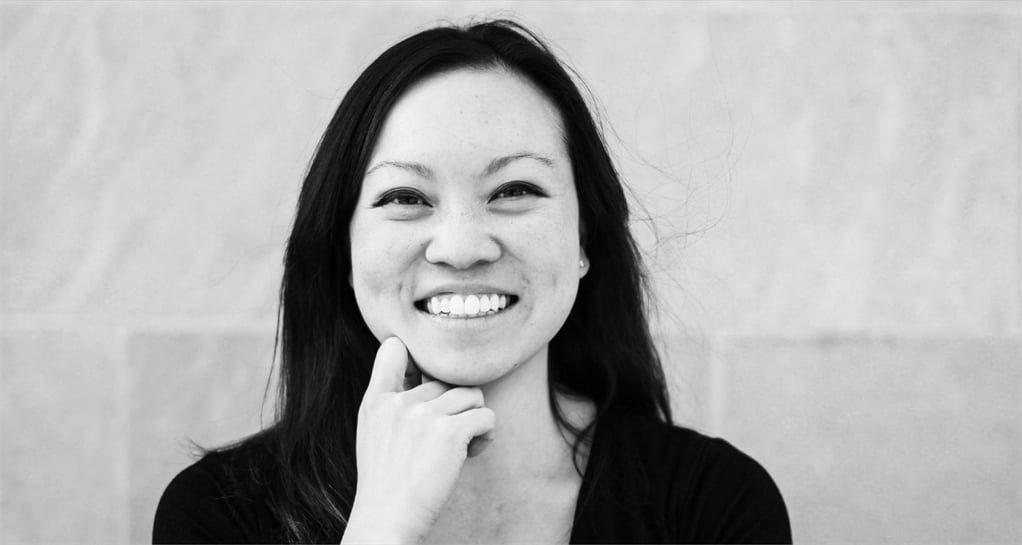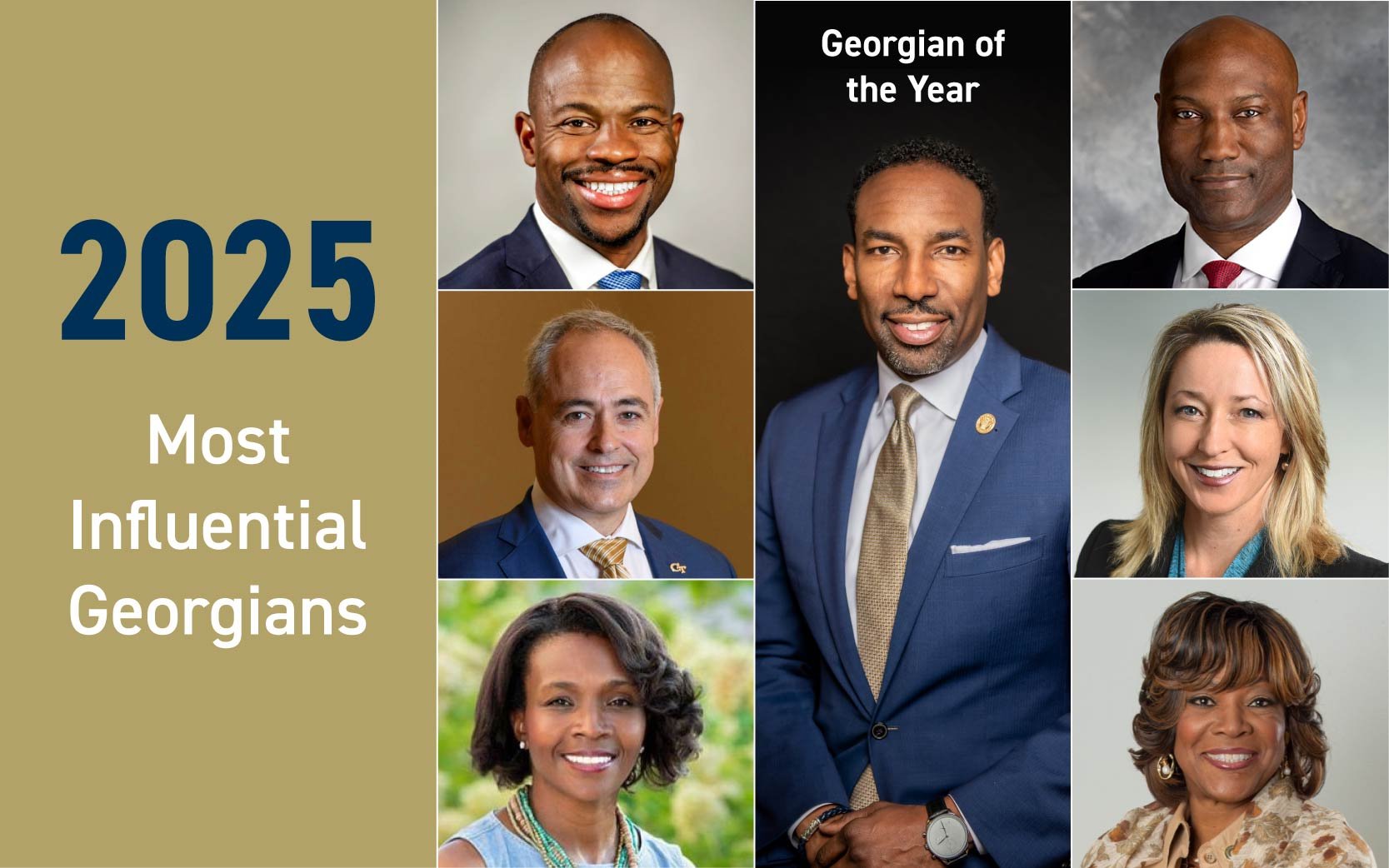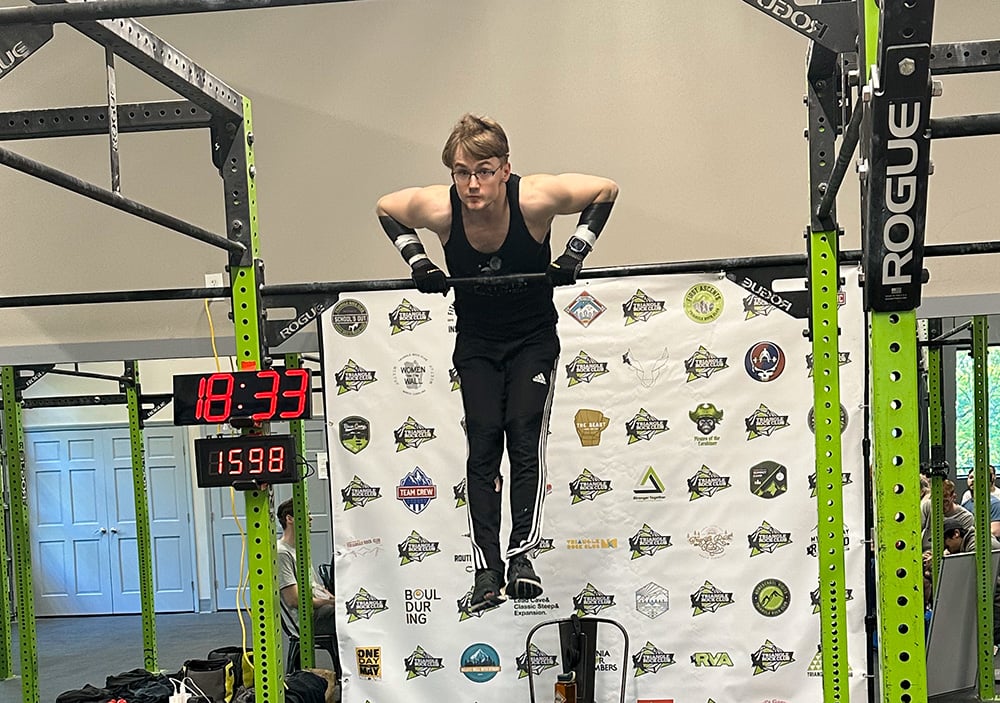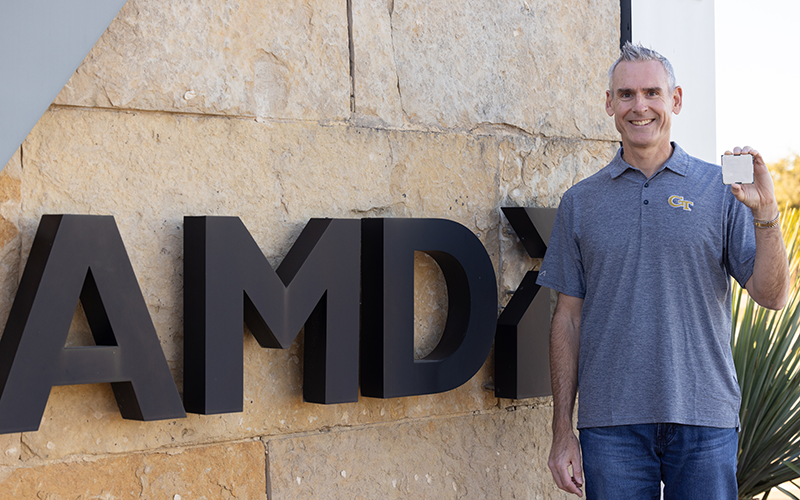Kathy Pham, CS 07, MS CS 09
By: Kelley Freund | Categories: Alumni Achievements

Kathy Pham has spent a decade building technologies at organizations such as Google and IBM, as well as a startup at the White House. With all that experience, she has seen how critical technology is to so many aspects of our lives. But she has also seen the building of that technology create unintended outcomes. As more research is being done about the best way to train future computer scientists, Pham wanted to explore if she could help them build better.
The course she teaches at Harvard, Product Management and Society, does just that. The curriculum covers how to build technologies, product management, and user-experience research. But in every class, Pham asks her students broader questions: “If you’re doing user experience research, are you going out into the community? Which parts? Are you thinking about broader implications on society? Will your tool propagate issues? We weave gender, race, justice, and equality into basic concepts of how to build technology.”
Pham is taking this concept even further with her work leading Mozilla’s Responsible Computer Science Challenge, a $3.5 million initiative that helps integrate ethics and responsibility into the core curriculum of computer science programs across the country. It’s a project that Pham says will completely change the field, as it will reimagine how computer scientists are trained.
“Let’s say you’re building a car,” Pham says. “Every little decision you make pushes that product in a certain direction, and you can’t just wait until you’re done to ask, ‘OK, what’s wrong with it?’ It’s the same with the ethics. When we’re building any piece of technology, we have to ask ourselves questions about how our society works in terms of issues such as socioeconomic status, privacy, and security, and then weave that information into the build process.”
And many times, computer scientists can’t answer those questions alone. Pham says a key part of training the next generation is to teach them to recognize which people they need to have broader conversations with. “We can’t just put all the computer science people into a room together and tell us to think harder and more deeply, and magically we’ll come up with solutions,” Pham says. “We don’t have that training. We need more voices. We need to bring in people from the social sciences, political philosophy, law, and history.”
Pham says the current switch to online learning provides a great example of the need for these conversations. Engineering teams who set out to build the technology to support remote learning don’t always know enough about complex social issues, such as which students have access to the internet and which do not.
“The technology we build is so deep-rooted in society, and in many ways computer scientists are social scientists, whether we want to be or not,” Pham says. “My hope is that the field evolves very quickly to recognize that, and to know that when we build technology, we have to ask questions about how people will be affected.”


